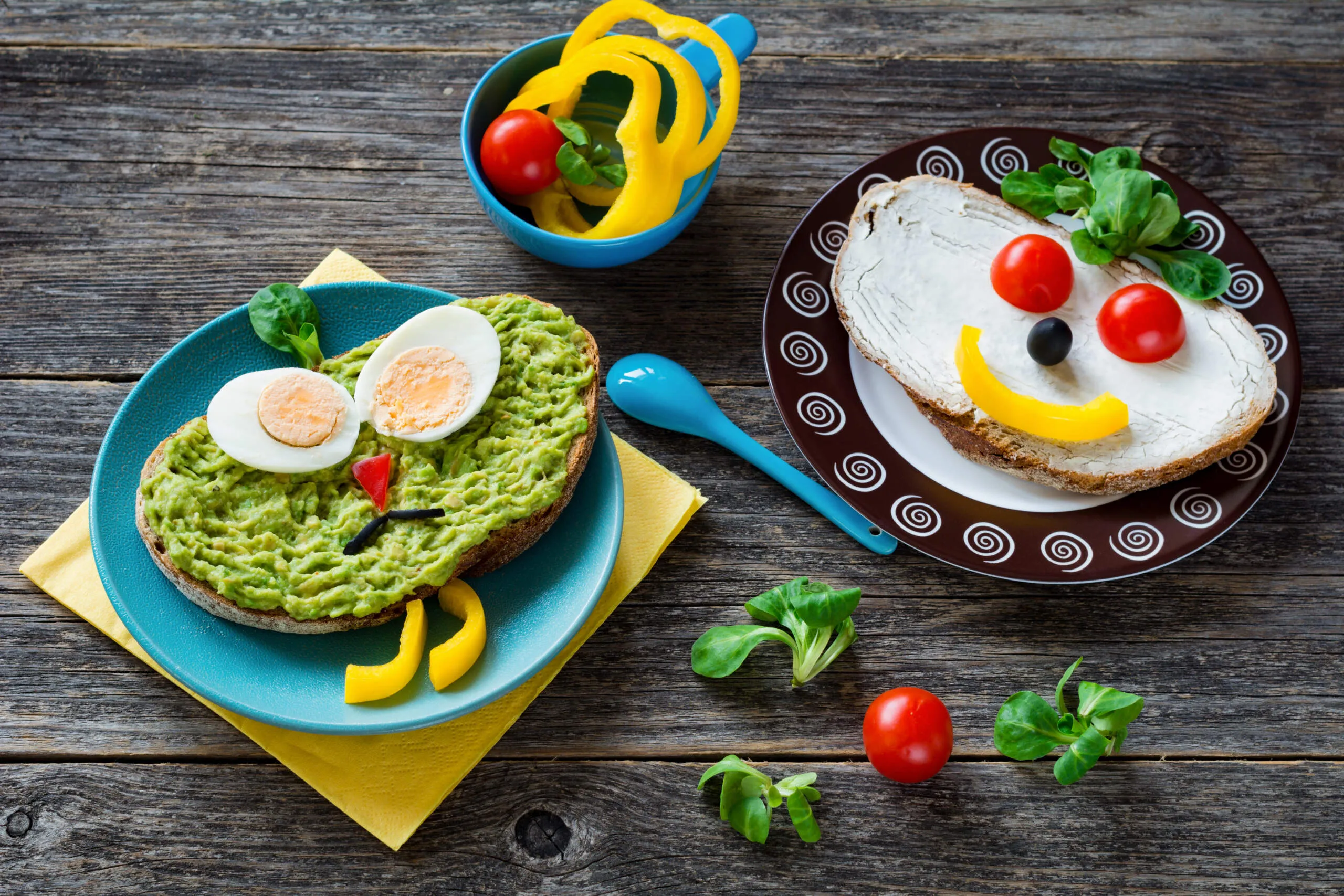Every parent wants their child to eat a healthy, nutritious diet – but getting kids to do so is difficult. Kids often prefer not-so-healthy options, so finding a healthy balance can be challenging. But by skipping healthy foods, kids can lack the vitamins and minerals they need to grow and stay well. If you search online, however, you can find plenty of healthy foods that are kid-friendly.
In addition to facing challenges from kids of all ages who aren’t interested in healthy foods, it can be hard for parents to know which foods are actually the best for their children. Fortunately, you can search online to find healthy food and nutritional guidance.
The following are a few of the healthiest foods you can feed your child.
Milk
Milk is a healthy beverage that most kids genuinely enjoy drinking. Even better, it’ll please parents too. Milk is loaded with vitamins and minerals that are beneficial to your child’s overall health.
Children can benefit from drinking milk at a very young age. Pasteurized milk is actually fortified and contains additional vitamins and minerals, particularly vitamin D. When kids drink pasteurized cow’s milk, they’ll be consuming a great source of vitamin D and calcium, two nutrients that can strengthen bones. It’s recommended that children drink between 16 and 24 ounces, or two to three cups, of milk each day to get the proper amount of calcium.
Kids can be introduced to pasteurized cow’s milk as early as 12 months old. Because milk is packed with proteins and minerals, it’s too tough for infants to handle at younger ages.
Oats
When you think about oats, you probably don’t think that they’re a kid-friendly food. However, oats are one of the healthiest grains you can find.
Pure oats are wonderfully nutritious, while oats in other forms offer great health and nutritional benefits. Pure oats are a gluten-free whole grain. Therefore, they offer important vitamins, minerals, fiber, and antioxidants. Moreover, all oats are a good source of complex carbohydrates and fiber, which are slowly absorbed by the body. Oats can also help kids get full and stay full for a longer time without eating more calories.
There are several different ways you can serve oats to your children. You can serve oats cooked in milk as oatmeal or you can opt for an oat-based cereal. You can even add fruit and tasty seasoning, like cinnamon or maple syrup, to give your kids’ oats or oatmeal more flavor. Just make sure to watch out for instant oats, as these oats can be highly processed and filled with not-so-great ingredients in addition to oats.
Vegetables of Any Kind
Vegetables are very healthy. Unfortunately, kids and adults alike tend to avoid them. Most children don’t consume the recommended amount of vegetables each day — and neither do their parents. In particular, it can be especially tough to get young children to consume vegetables of any kind.
However, vegetables are an excellent source of many vitamins and minerals. Every vegetable offers different nutrients. For example, leafy greens are high in vitamin K, while orange and vegetables offer vitamin A. Peppers provide a great dose of vitamin C, while cruciferous vegetables like broccoli and cauliflower have compounds that may fight cancer.
Try to get your child to eat any vegetable they’ll accept. Aim to offer vegetables a few times, even if your child spurns them. It takes repeated exposure to vegetables to get them familiar with the taste. You can also put vegetables into different foods, such as diced tomatoes in pasta sauce and peppers on pizza, to make them more appealing.
Eggs
Whether you’re eating them for breakfast or mixed into other dishes and meals throughout the day, eggs are highly filling and nutritious. Moreover, eggs can be especially healthy for children.
One large egg contains six grams of protein as well as nutrients like calcium-building vitamins D and B12, plus fortifying iron. Eggs also contain omega-3 fatty acids, which can help children’s brains develop. Even better, they can be very filling, which should help kids stay full without consuming more calories. Above all, they’re a great food to start the day with.
Children can eat eggs from a very young age. In fact, research shows that introducing foods like eggs between the ages of six and 12 months can help prevent food allergies. You can feed kids eggs in many different forms, from scrambled eggs to egg-centric dishes like egg salad and egg casseroles.
Add Healthy Foods Into Your Kids’ Diets
If you’re hoping to help your children get the nutrients they need at every meal, the above foods are great options. Thanks to high vitamin and mineral contents, they’re recommended by nutrition experts. But there are plenty of other healthy foods you can turn to when you’re struggling to get kids to eat healthily.
And don’t forget to search online if you need more ideas. You can find kid-friendly foods, kid-approved meals, and other healthy options.
